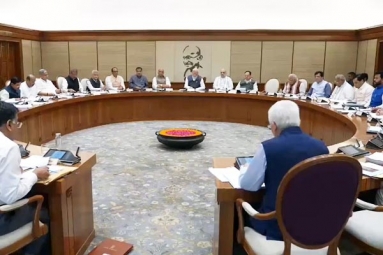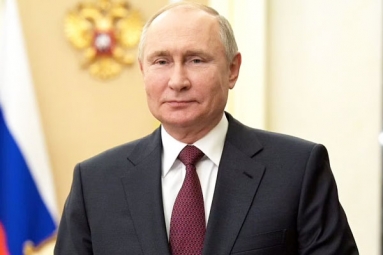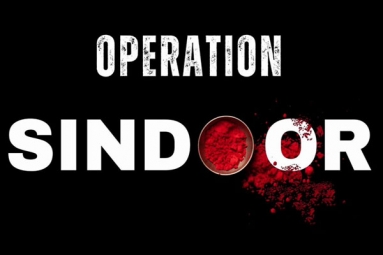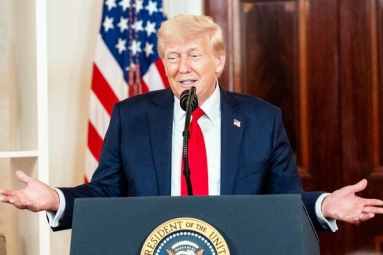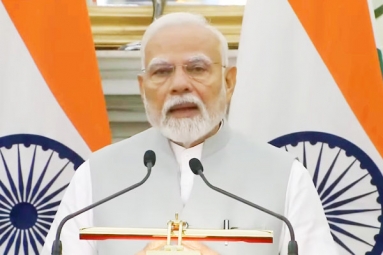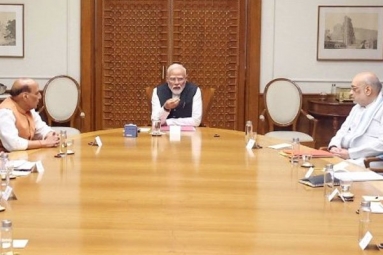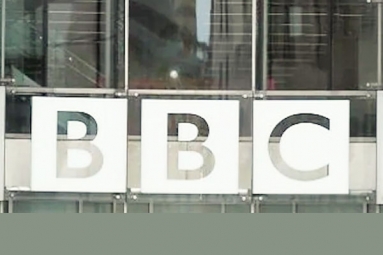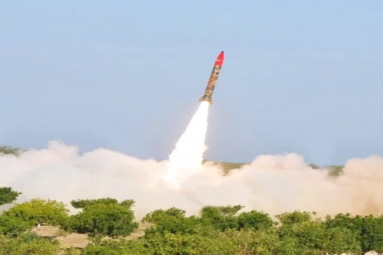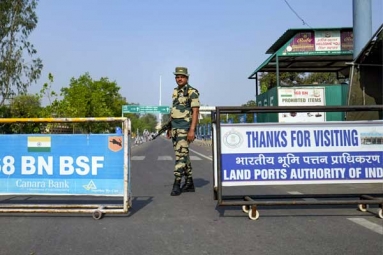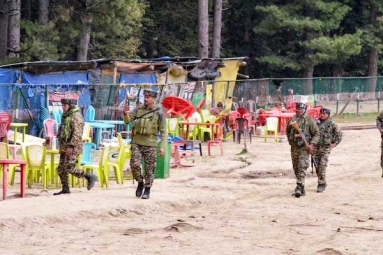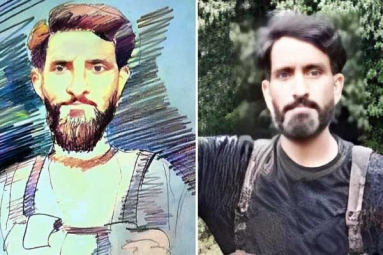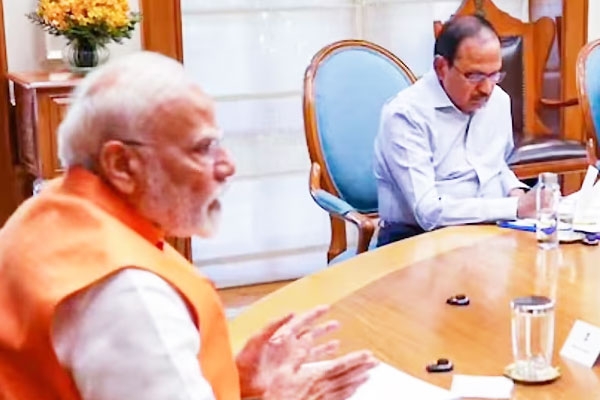
(Image source from: Businesstoday.in)
On Tuesday morning, Prime Minister Narendra Modi engaged in discussions with National Security Advisor Ajit Doval as tensions continued to rise regarding India's military reaction to the recent terror incident in Pahalgam. This marks the second occasion within 48 hours that the Prime Minister has received updates from the NSA, coinciding with the upcoming execution of mock security exercises by state governments—an initiative not seen since the 1971 conflict with Pakistan. These drills are intended to bolster civil defense readiness for potential attacks. Over the last few days, Mr. Modi has convened several high-level discussions involving Defence Minister Rajnath Singh, NSA Doval, Chief of Defence Staff General Anil Chauhan, along with the heads of the Army, Navy, and Air Force, in response to the increasing likelihood of military operations targeting the Lashkar terror organization.
Earlier last week, during a meeting with Mr. Doval and General Chauhan, the Prime Minister empowered the armed forces to have "complete freedom regarding the method, targets, and timing" of India's military response following the devastating attack in Pahalgam on April 22, which claimed the lives of 26 individuals, mostly civilians. This incident is regarded as one of the most severe terrorist attacks in India since the 2019 Pulwama incident that resulted in the deaths of 40 soldiers. The Resistance Front, identified as a proxy for the Pakistan-based Lashkar, took responsibility for this attack. Furthermore, Indian authorities have stated that they possess evidence of involvement from the Pakistani deep state, often criticized for facilitating cross-border terrorism, in orchestrating this assault. The Pakistani government has denied any links to the Pahalgam attack and has called for an independent international probe into India’s allegations.
In its efforts to gather international support—especially after the global community condemned the attack and expressed solidarity with India—Islamabad convened a closed-door session at the United Nations Security Council this week. Nevertheless, according to news agency ANI, the UNSC appeared reluctant to extend support to Pakistan, instead posing challenging inquiries regarding the involvement of Lashkar-e-Taiba. The Council also reportedly questioned Pakistan’s actions concerning assaults on civilians and tourists in Pahalgam. During the session, Pakistan reaffirmed its "commitment to establishing peaceful, cooperative relations with all its neighbors, including India," and emphasized the need for "mutual respect and sovereign equality."
Since the attack, unprovoked gunfire has persisted for 12 straight days from the Pakistani side of the Line of Control, prompting Indian forces to respond appropriately. In its initial actions, India implemented diplomatic measures, which included revoking visas for Pakistani citizens and halting the long-standing Indus Waters Treaty, known as the IWT. Halting the IWT was particularly significant as the Indus River and two of its tributaries provide irrigation for almost 80 percent of agricultural lands in Pakistan. The treaty also restricted India from creating new storage facilities that could theoretically be stocked to entirely cut off water to Pakistan. However, with the suspension of this agreement, India has started to raise storage capacities, construct new dams, and develop additional hydroelectric initiatives, all of which will impact water availability.
In response, Pakistan has paused visa issuance and suspended the 1972 Simla Agreement, cautioning India that the IWT's suspension would be interpreted as an act of war. Both nations have also closed border points and restricted their airspace. Since the developments in Pahalgam, tensions between India and Pakistan have escalated. Despite this, the global community remains optimistic that a peaceful resolution can still be achieved. John Bolton, who served as the US National Security Advisor during Donald Trump's initial term, stated that India has the right to retaliate against threats to its sovereignty and safety. Nevertheless, he emphasized the importance of India demonstrating to the world that it has made every effort to pursue a peaceful end to this enduring conflict.





